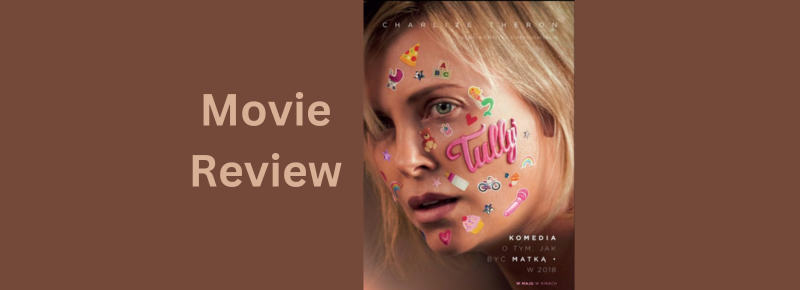The captivating movie dives deep into the rollercoaster of postpartum depression and many struggles of motherhood.
Tully, a 2018 comedy-drama film, tells the story of Marlo, a mother of three (including a newborn), who hires a night nanny to help her cope with the challenges of parenthood. The film is based on the personal experience of the writer, Diablo Cody, who suffered from postpartum depression after having her third child.
The film raises awareness and provides insight into postpartum depression, a very common, yet often stigmatised or ignored condition. It presents a realistic and honest portrayal of motherhood, highlighting both the challenges and rewards. The movie also offers moments of humour and hope.
In the film, Marlo displays various symptoms of postpartum depression, including sadness, anxiety, irritability, guilt, loss of interest, insomnia, fatigue, appetite changes, and difficulties bonding with her infant. Struggling with feelings of hopelessness and worthlessness, she snaps at her kids and husband, fantasises about drowning, and battles with disrupted sleep and eating patterns.
Eventually, Marlo gives in to the mounting stress and exhaustion and decides to reach out for help by hiring a night nanny. Enter Tully, a young, free-spirited, and caring woman who forms an immediate connection with Marlo and Mia, the infant. Tully not only cares for the baby but also supports Marlo with household chores, baking, and personal advice, encouraging her to rediscover herself and reconnect with her husband, family and friends.
*SPOILER ALERT! *
However, as the story unfolds, we learn that Tully is not real, but a representation of Marlo’s younger self and her struggles. This twist leads Marlo on a path of self-discovery and ultimately, acceptance and healing. Tully, the movie, shines a light on the realities of postpartum depression in a compelling and thought-provoking way.
Also, the twist in the end, perhaps, implies that Marlo has been suffering from a dissociative disorder. However, the film does not explain the condition or its causes, symptoms, or treatment. The film also does not show how Marlo gets help or recovers from her disorder, leaving her fate unclear.
Unfortunately, the film also depicts some harmful scenarios that may not reflect the best practices for mothers or their babies. For example, the film shows Marlo drinking alcohol while breastfeeding, which can affect the baby’s development and health.
It is essential to acknowledge that the film may trigger or upset viewers who have experienced PPD or other mental health issues. It may also be misleading or irresponsible for those who might follow the actions of Marlo or Tully without seeking guidance from healthcare professionals or mental health experts.
In a nutshell, Tully is a captivating movie that dives deep into the rollercoaster of postpartum depression and the real struggles of motherhood. However, it is not a reliable source of information or health advice for mothers. It is best to consult with a doctor or mental health professional in case you have any concerns or questions about your own situation.



